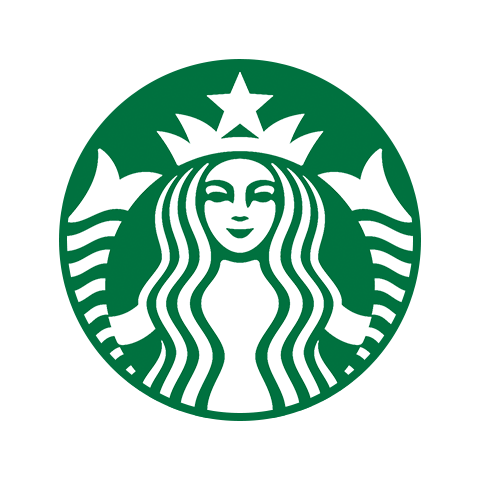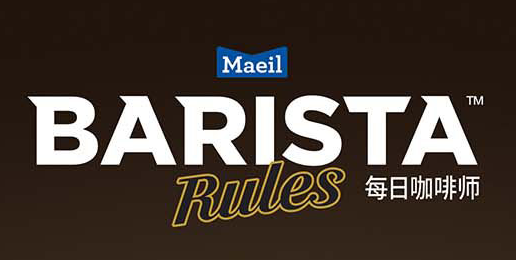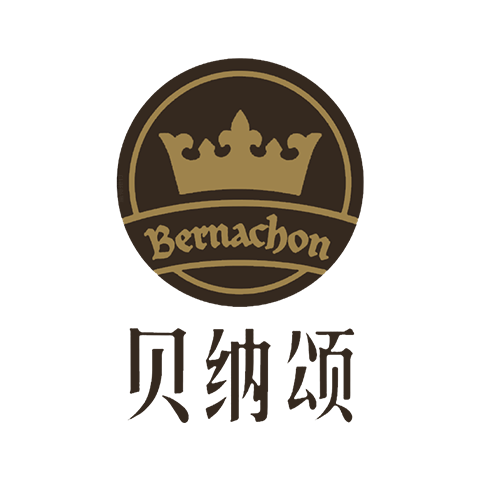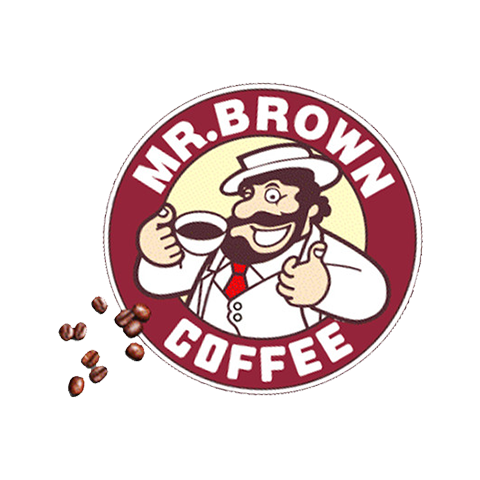With a history of more than 100 years, Nestlé is the world's largest food manufacturer, and its reputation and corporate strength are unquestionable. In 1938, Nestlé invented the world's first cup of instant coffee, which then swept the world, playing an important role in the first wave of coffee, and is one of the world's leading coffee brands. In 2017, Nestlé acquired Blue Bottle, a well-known specialty coffee brand in the United States, and the following year, Starbucks acquired its retail coffee business, firmly establishing itself as a global coffee giant.
As one of the first international brands to enter China, Nescafe has made an indelible contribution to China's coffee culture, and many people have learned about coffee and fallen in love with coffee through Nestlé instant coffee. Nestlé has the highest popularity in the Chinese market, and it can be found in major supermarkets and convenience stores. Nestlé ready-to-drink coffee has always adhered to the popular route, and has occupied more than half of the market share by virtue of its advantages in the Chinese market for many years.
As early as 1988, Nestlé launched a coffee bean planting project in Yunnan to disseminate coffee bean planting technology and management experience. Yunnan is currently the largest coffee bean production base in China and one of the world's most important sources of green beans, not only Nestle, but also large coffee manufacturers such as Starbucks and Maxwell will also source raw materials from Yunnan. However, despite the large share of Yunnan coffee beans in China, they are still not widely recognized internationally, and their export volume is far less than that of major coffee exporters such as Vietnam and Brazil.
The best-selling Nescafe ready-to-drink coffee is a silky latte classic bottle, with a prominent coffee flavor, a silky taste, and hazelnut and caramel flavors to choose from, all priced at about 6 yuan. Canned coffee has three flavors: original mellow and smooth, strong aroma roasting, and Italian alcohol, all of which are strong coffee drinks, especially suitable for refreshing drinking at work, among which the most classic is the original mellow and smooth taste, which is the preferred taste of many ready-to-drink coffee lovers.
Nestle's ready-to-drink coffee is generally sweet and rich, and due to the addition of thickeners, the smoothness in the mouth is more obvious. Most coffee beans are difficult to maintain their aroma during long-term production and storage, and can only be compensated for by flavor, so most of the "aftertaste" of ready-to-drink coffee comes from flavor, and the same is true for Nescafe.












